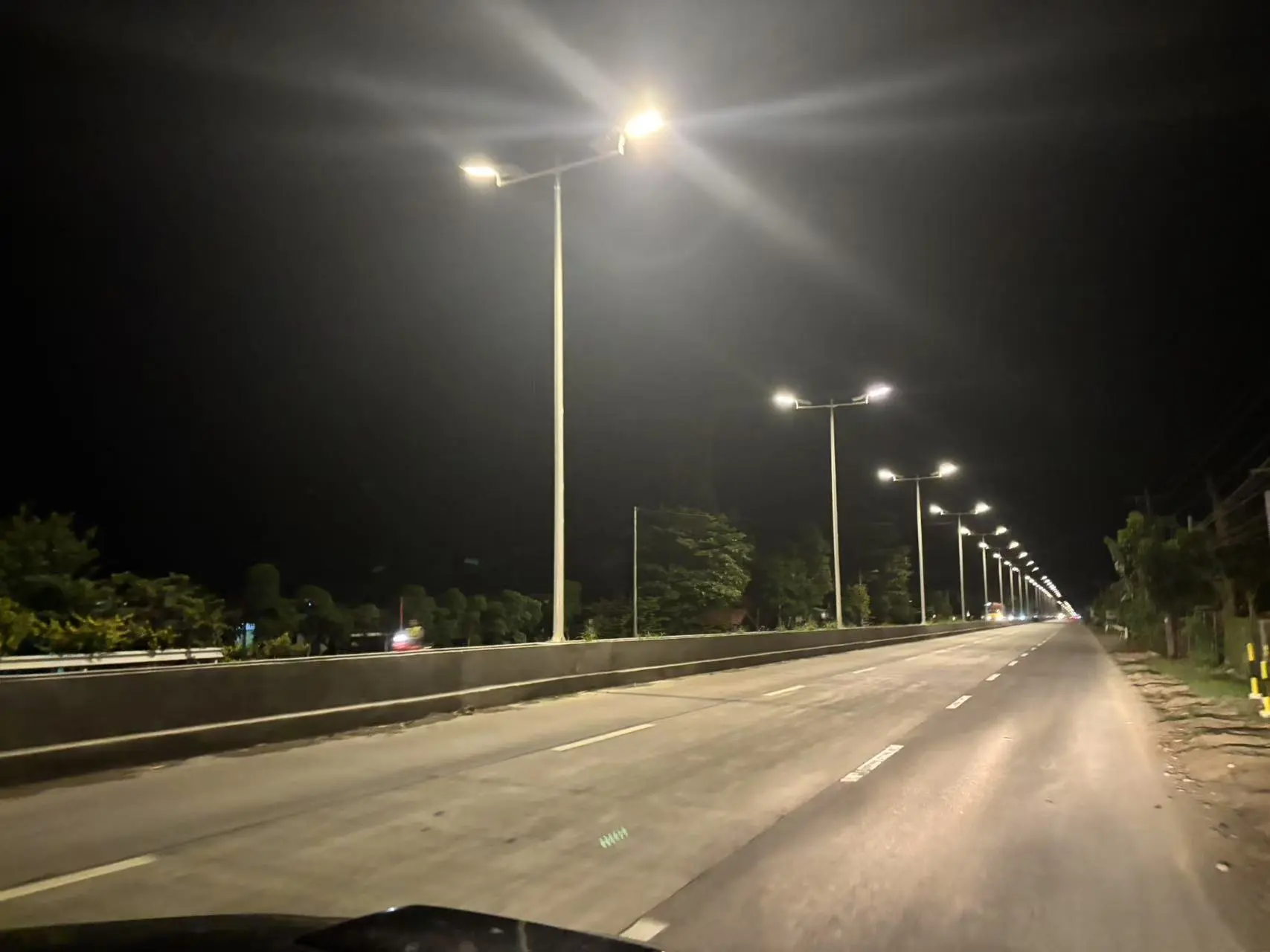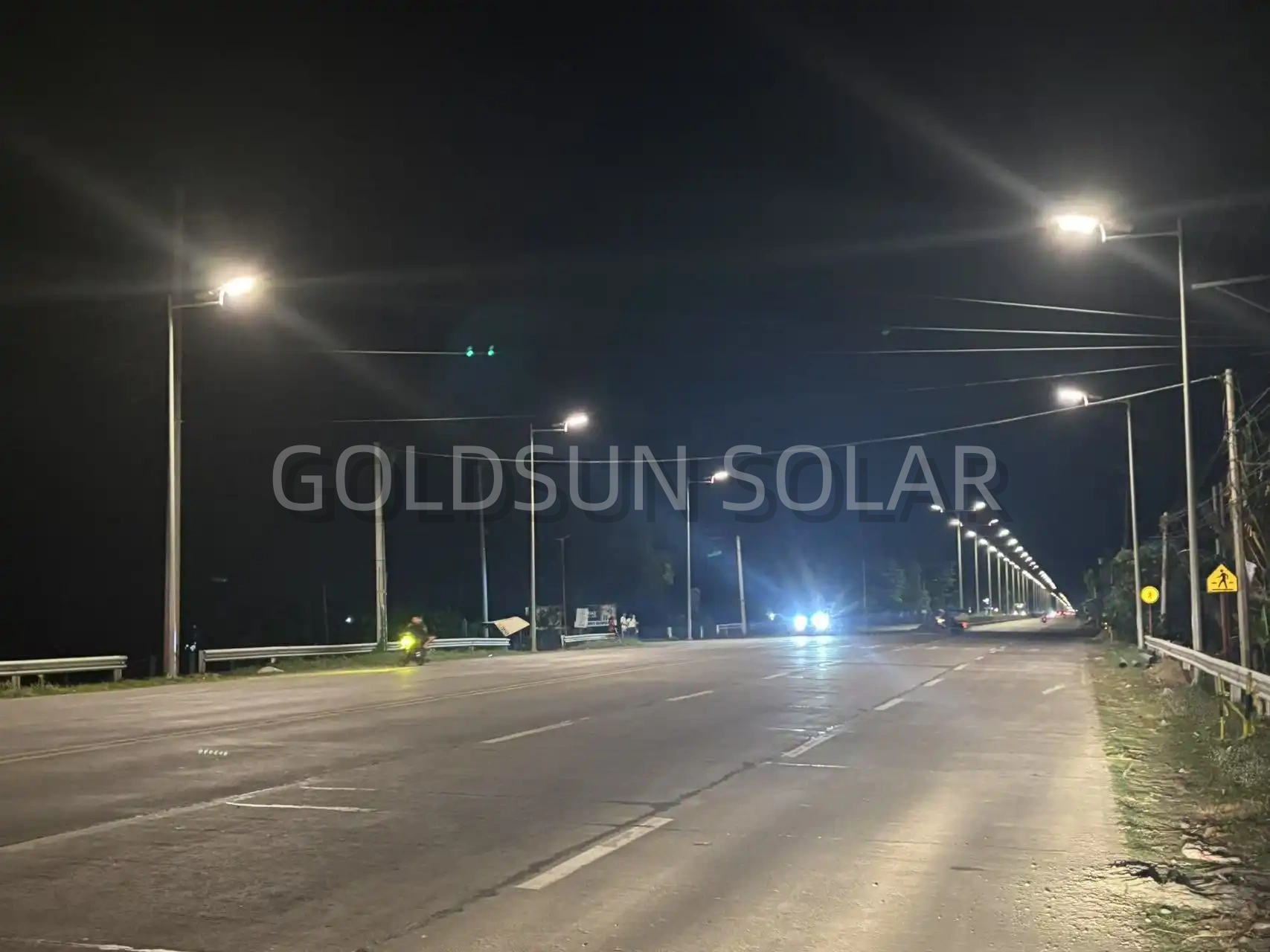2025 Guide: How to Win Solar Street Lighting Projects?
Securing solar street lighting projects in today's competitive marketplace requires strategic planning, technical expertise, and comprehensive understanding of client needs. The global solar street light market has experienced unprecedented growth, with municipalities, developers, and organizations increasingly prioritizing sustainable infrastructure solutions. Successful project acquisition demands more than competitive pricing; it requires demonstrating value through innovative solar street light technology, reliable performance guarantees, and proven implementation experience. This comprehensive guide explores essential strategies for winning solar street light tenders, from initial proposal development to final project delivery, helping contractors and suppliers navigate the complexities of modern procurement processes.

What Are the Key Requirements for Solar Street Light Tenders?
Technical Specifications and Performance Standards
Understanding detailed technical requirements forms the foundation of successful solar street light project proposals. Modern tenders typically specify minimum photovoltaic panel wattage, battery capacity, LED lumen output, and operational autonomy requirements that solar street light systems must meet. Clients increasingly demand comprehensive performance data including solar panel efficiency ratings, battery cycle life specifications, and LED degradation curves that demonstrate long-term reliability. Professional solar street light suppliers must provide detailed technical documentation covering IP ratings, wind load resistance, and temperature operating ranges to satisfy rigorous tender evaluation criteria. Additionally, compliance with international standards such as IEC 62471, EN 62133, and local electrical codes becomes mandatory for solar street light systems in government and institutional projects.
Quality Certifications and Compliance Documentation
Successful solar street light project bids require extensive certification portfolios that demonstrate product quality and regulatory compliance. Essential certifications include CE marking for European markets, FCC approval for North American projects, and ISO 9001 quality management system documentation that validates manufacturing processes. Solar street light manufacturers must provide test reports from accredited laboratories covering photometric performance, battery safety, and electromagnetic compatibility to satisfy tender requirements. Third-party verification of solar street light performance claims through independent testing laboratories significantly enhances proposal credibility and client confidence. Documentation must also include environmental compliance certificates such as RoHS and REACH declarations that confirm hazardous substance restrictions compliance.
Financial Guarantees and Project Insurance
Robust financial backing and comprehensive insurance coverage have become critical factors in solar street light tender evaluations. Clients require performance bonds typically ranging from 5-15% of contract value to guarantee solar street light system performance throughout warranty periods. Professional indemnity insurance, public liability coverage, and product liability policies protect all parties against potential risks associated with solar street light installations. Payment guarantees, advance payment bonds, and warranty bonds provide additional security that contractors will fulfill contractual obligations. Financial statements, bank references, and credit ratings demonstrate the financial stability necessary to complete large-scale solar street light projects successfully.
How Do You Evaluate Solar Street Light Project Profitability?
Cost Analysis and Pricing Strategies
Accurate cost estimation requires comprehensive analysis of all components involved in solar street light project delivery. Material costs including photovoltaic panels, batteries, LED fixtures, and mounting hardware typically represent 60-70% of total project expenses for solar street light installations. Labor costs encompass installation, commissioning, and training activities that vary significantly based on project location and complexity. Transportation, customs duties, and local regulatory compliance add substantial costs to international solar street light projects that must be factored into pricing calculations. Competitive pricing strategies balance profit margins with market positioning while ensuring sufficient resources for quality delivery and after-sales support.
Risk Assessment and Mitigation Planning
Successful solar street light project management requires thorough risk identification and mitigation planning throughout the project lifecycle. Technical risks include component failures, performance shortfalls, and integration challenges that can impact solar street light system reliability and client satisfaction. Commercial risks encompass currency fluctuations, payment delays, and scope changes that affect project profitability and timeline adherence. Environmental and regulatory risks including weather delays, permit complications, and standard changes can significantly impact solar street light installation schedules. Comprehensive risk management plans with contingency reserves typically ranging from 10-20% of project value help ensure successful delivery despite unforeseen challenges.
Long-term Maintenance and Support Considerations
Profitable solar street light projects require comprehensive maintenance planning that balances service quality with operational efficiency. Preventive maintenance programs including battery replacement schedules, LED performance monitoring, and solar panel cleaning protocols ensure optimal system performance throughout warranty periods. Remote monitoring systems enable proactive maintenance by identifying solar street light performance issues before complete system failures occur. Service network establishment in project regions facilitates rapid response to maintenance requirements and enhances client satisfaction. Training local technicians and providing spare parts inventories creates sustainable support infrastructure that reduces long-term service costs while maintaining system reliability.
Which Factors Determine Solar Street Light Project Success?
Site Assessment and Design Optimization
Thorough site evaluation forms the cornerstone of successful solar street light project implementation. Solar irradiation analysis, shading studies, and local climate data determine optimal solar panel sizing and battery capacity requirements for reliable system performance. Geotechnical surveys identify foundation requirements and installation challenges that affect solar street light mounting strategies and overall project costs. Traffic flow analysis and lighting standard compliance ensure solar street light placement meets safety requirements and regulatory guidelines. Professional site assessment reports demonstrate technical competence and provide essential documentation for project approval and permitting processes.
Installation Quality and Project Management
Excellence in installation execution distinguishes successful solar street light contractors from competitors. Skilled installation teams with proper training and certification ensure solar street light systems are installed according to manufacturer specifications and industry best practices. Quality control procedures including pre-installation testing, installation inspections, and commissioning protocols guarantee system performance meets contractual requirements. Project management systems track installation progress, material deliveries, and milestone achievements to ensure on-time project completion. Comprehensive documentation including installation records, test certificates, and operational manuals provides clients with complete project deliverables.
Client Relationship and Communication Management
Building strong client relationships through effective communication and responsive service creates opportunities for repeat business and referrals. Regular progress updates, transparent problem resolution, and proactive communication demonstrate professional project management capabilities. Training programs for client personnel ensure proper solar street light system operation and maintenance, enhancing long-term satisfaction and system performance. Post-installation support including warranty service, technical assistance, and system optimization creates lasting partnerships that generate additional business opportunities. Client testimonials and case studies from successful solar street light projects provide powerful marketing tools for future tender submissions.
Conclusion
Winning solar street light projects requires comprehensive preparation encompassing technical expertise, financial stability, and professional execution capabilities. Success depends on understanding client requirements, delivering competitive proposals, and maintaining excellence throughout project implementation. Strategic positioning, quality certifications, and proven track records create competitive advantages in the growing solar street light market.
Yangzhou Goldsun Solar Energy Co., Ltd. specializes in solar street lights, offering an impressive production capacity of 10,000-13,500 sets annually. With ISO9001 certification and products meeting CE, RoHS, SGS, and IEC 62133 standards, we have a global presence, having installed over 500 projects in 100+ countries, including UNDP, UNOPS, and IOM. Our solar lights are backed by a 5-year warranty, and we offer customized solutions with OEM support. We ensure fast delivery and secure packaging. Contact us at solar@gdsolarlight.com for inquiries.
References
1. Martinez, A., & Thompson, R. (2024). "Strategic Approaches to Solar Street Light Project Acquisition in Emerging Markets." International Journal of Renewable Energy Procurement, 18(4), 234-248.
2. Wang, S., Jensen, P., & Kumar, V. (2025). "Risk Management in Large-Scale Solar Street Lighting Infrastructure Projects." Project Management Quarterly, 41(2), 145-162.
3. Anderson, L., Rodriguez, M., & Chen, H. (2024). "Financial Evaluation Models for Solar Street Light Investment Projects." Energy Economics and Finance Review, 29(3), 78-94.
4. Patel, N., Brown, K., & Singh, R. (2024). "Quality Assurance Protocols in Solar Street Light Manufacturing and Installation." Quality Management in Renewable Energy, 15(7), 298-314.
5. Taylor, J., Liu, X., & Wilson, D. (2025). "Competitive Analysis of Global Solar Street Light Market Trends and Opportunities." Market Research in Sustainable Technology, 33(1), 112-129.
6. Garcia, F., Lee, S., & Murphy, C. (2024). "Technical Specifications and Performance Standards for Municipal Solar Street Light Procurement." Public Infrastructure Management, 22(6), 187-203.

Share your inquiry, and receive a tailored quotation!

Yangzhou Goldsun Solar Energy Co.,Ltd.
